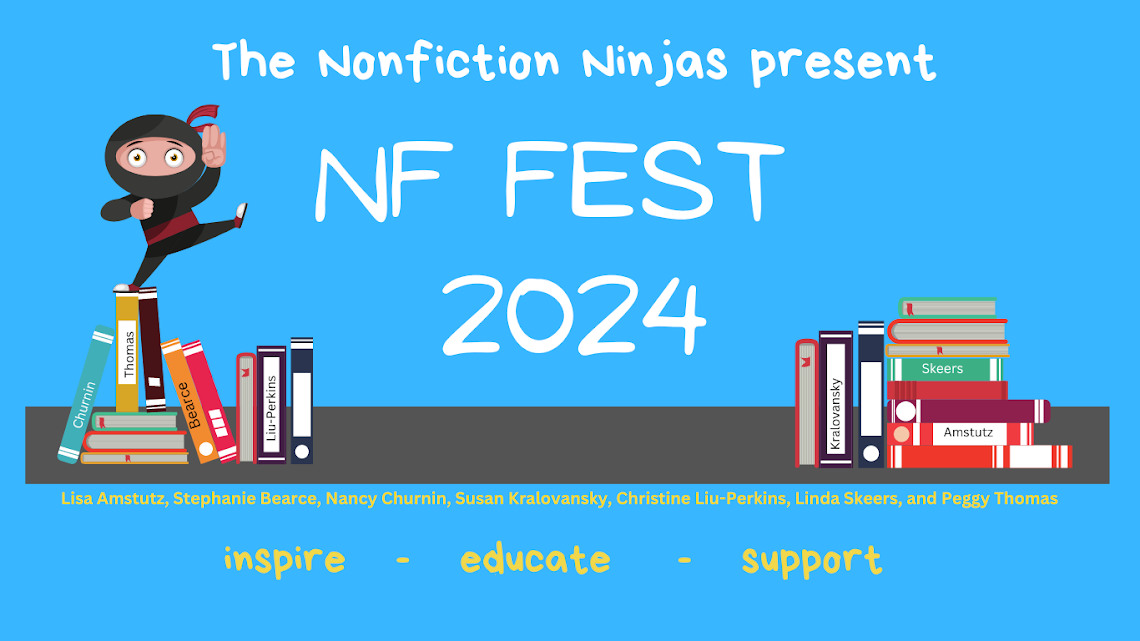When I was a kid, I loved to go fishing with my grandparents. On a good day we’d bring home a mess of bluegill or catfish for breakfast the next morning.
Looking back, it seems that good anglers and good writers have a few things in common:
1. They learn from others. Like fishing, the craft of writing has a big learning curve. You likely won’t land a big contract the first time you toss your line out. Just as you might take tips from a more experienced angler, you can shorten your writing learning curve by seeking out more experienced authors, taking classes, attending conferences, and finding a good critique group.
2. They use the right bait. Successful anglers spend a lot of time choosing just the right bait or lure for their target fish species. Think of your submissions as your bait. Start by making them irresistible. And don’t send them out scattershot—take the time to research each agent or editor you are querying and make sure your submission is the right fit for them.
3. They keep their line in the water. If you pull out your line and there’s nothing on it, the best thing to do is to check your bait and toss it right back in. Writers need to do this too. If you get a rejection, don't let it stop you in your tracks. Consider any feedback carefully, and then send your story out again. It may take a lot of tries to hook an agent or editor, but it’ll never happen if you don’t keep your hook—that is, your book—out there.
4. They are patient. Like fishing, writing takes a lot of time and patience. But if you stick with it and keep improving your craft, you’re bound to find success eventually!
Happy fishing!





